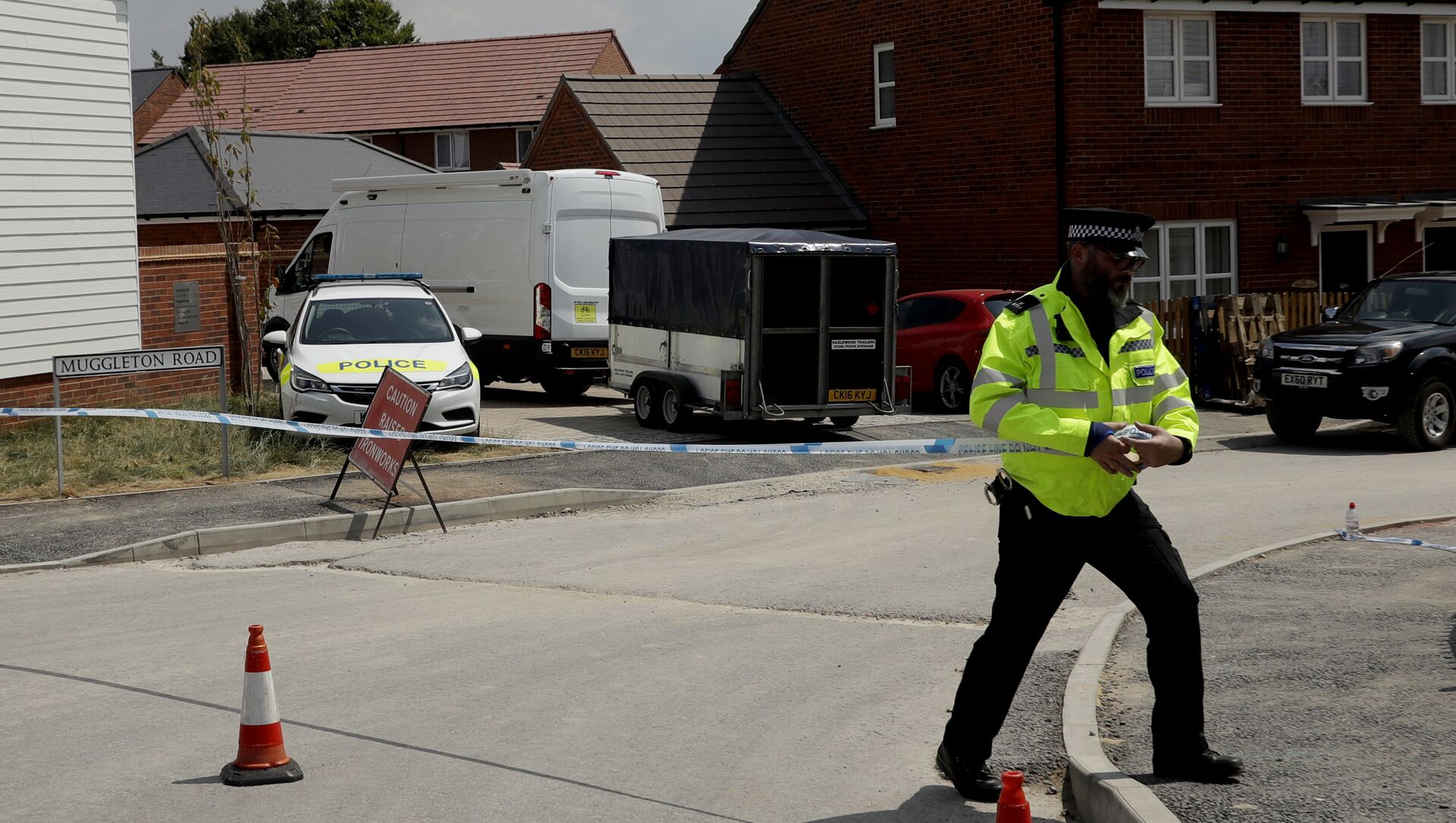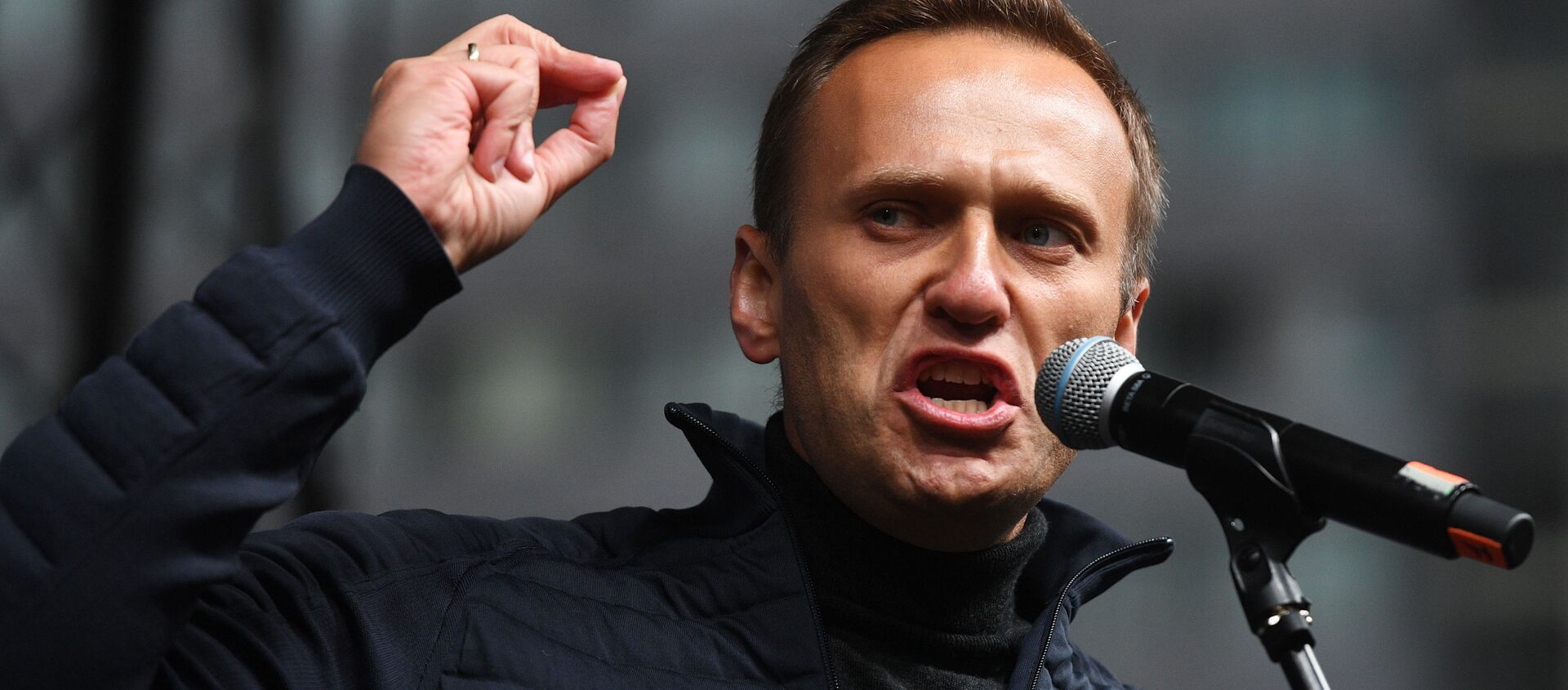In March 2018, Russian-born former double agent Sergei Skripal and his daughter were the targets of an alleged chemical attack in the UK city of Salisbury, which London blamed on Moscow. Both survived, but four months later Sturgess and her partner, Charlie Rowley, fell ill after being exposed to what the United Kingdom said was the same nerve agent Novichok, which they reportedly found in a perfume bottle in Amesbury, seven miles north of Salisbury. Rowley survived, while Sturgess, 44, died in hospital several days later. Sturgess’ family has launched legal proceedings.
"There is therefore the family’s interest, a public interest and the legitimate interest of a coroner inquiring into Ms Sturgess’ death in establishing if there is sufficient reliable evidence that a foreign state was involved in a lethal poisoning on British soil," Hallett said in a statement obtained by Sputnik.
"For present purposes I assume that the nerve agent was taken to Salisbury to kill Mr Skripal. Had it not been taken and left there, abandoned by the attacker/s, ... Ms Sturgess would not have died from it. There is therefore a potential direct causal link between the Novichok being taken to Salisbury for use in the attack on the Skripals and the death of Ms Sturgess. ... This in turn creates a possible link to the Russian men who flew into the UK for a two day visit, visited Salisbury twice in that time and flew out again leaving traces of Novichok behind in their hotel room," coroner added.
"[The Secretary of State for the Home Department] is likely to claim Public Interest Immunity, which, if upheld, would result in the material being excluded from my consideration. A coroner cannot hold closed session hearings," the judicial official stressed.
The next hearings in the Sturgess case will take place in June or July, as well as in September of this year, according to the statement.
In 2018, London said that it suspected Russian nationals Alexander Petrov and Ruslan Boshirov, who the government claimed worked for Russian intelligence, of carrying out the attack on Skripals.
"I was also invited by Counsel to the Inquest to consider the designation of Alexander Petrov and Ruslan Boshirov as [interested persons] IPs. To date they have not responded to correspondence or participated in the proceedings despite several attempts to contact them. I therefore removed their designation but I emphasise that they and any relevant Russian state agencies may always make an application for IP status in the future," Hallett said.
Russia has consistently rejected all allegations of involvement in the poisonings, stating that the UK has provided no credible evidence proving Moscow’s alleged guilt. Petrov and Boshirov also denied their involvement in the attack, saying they had visited Salisbury for tourism purposes and actually worked in the fitness industry.



